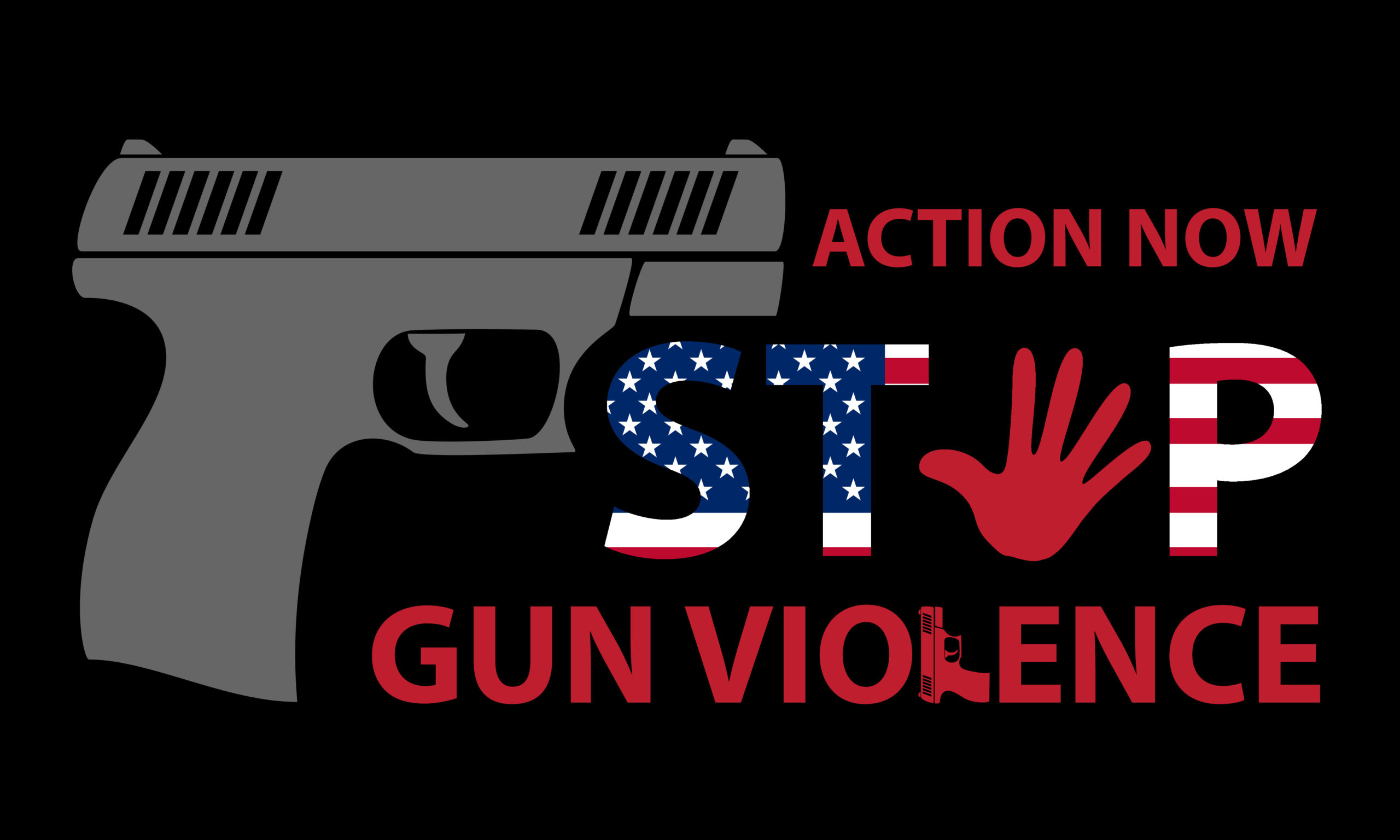
Stay informed of the week’s notable events and shared resources with this curated list of Nonprofit Tweets of the Week.
On this day in 1945, Auschwitz was liberated. Today, the world marks International #HolocaustRemembranceDay.
We can say “never again” all we want, but only constant effort to defend universal human rights has a chance of making that ambition a reality.
Human Rights Watch
Notable Events of the Week:
- “For Asian Americans across the United States, the holiday season was supposed to be about getting together, nurturing bonds, dancing and splurging on festive treats. The merriment ended Saturday night when a gunman entered a beloved ballroom at the heart of the country’s first suburban Chinatown and shot 20 people, killing 11. The nation was still absorbing the horror of the Monterey Park, Calif., massacre when, about 380 miles upstate, another assailant ambushed two mushroom farms in the Half Moon Bay area on Monday, gunning down seven workers, some of Asian descent.” Washington Post
- “Reversing its longstanding resistance, the Biden administration plans to send M1 Abrams tanks to Ukraine, U.S. officials said on Tuesday, in what would be a major step in arming Kyiv in its efforts to seize back its territory from Russia.” NY Times
- “A grand jury returned indictments against five Memphis police officers fired last week in connection with the beating death of a 29-year-old Black motorist. Each of the officers were jailed Thursday and charged with second-degree murder, aggravated assault and kidnapping, according to Shelby County district attorney Steven Mulroy.” Washington Post
Top 10 Nonprofit Tweets:
- Gene: 2023 Forecast: Uncertain Future Amid Inflation and a Potential Recession – La Piana Consulting
- Bridgespan Group: According to a @nonprofit_hr survey: 40%+ of voluntary turnover at #nonprofits is due to “lack of opportunity for upward mobility/career growth.” Nonprofits must get better at developing leaders to retain them. We suggest three key practices How Nonprofit Leadership Development Sustains Organizations and Their Teams
- Vox: What does it mean to give away a $120 billion fortune? Jeff Bezos’s recent announcement raises all sorts of questions, from where the money is going to what it means for his legacy. Jeff Bezos wants the world to know he’s a philanthropist
- Benjamin Soskis: My latest for @Philanthropy: We hear a lot abt how hard giving away lots of money is. That might be the case, but the history of the “difficulty of giving” trope suggests we should also be wary of it. Jeff Bezos Says Giving Is Hard. That Trope Goes Back to Andrew Carnegie
- Center for Effective Philanthropy: NEW on the blog, @BridgespanGroup’s @JeffBradach, Kathleen Fleming, & Anthony Abril share a five-year view on large, unrestricted grants, based on insight from the @BallmerGroup’s #giving: CEP
- Philanthropy News Digest: ICYMI: “we quickly launched a new way to deploy philanthropic funds: impact lending. These low-interest loans are made to mission-driven financial institutions that close persistent funding gaps in marginalized communities” https://bit.ly/3QLSYhs @JewishBayArea
- Linda Rosenthal: Daring Charity Regulators to Notice You #nonprofits #philanthropy
- Nonprofit Quarterly: Chuck Bell of @ConsumerReports on how #healthcaredebt deepens inequities and should be eliminated: https://bit.ly/3XSAkXl #medicaldebt
- Gene: 2022 Fiscal Sponsor Field Scan – I encourage fiscal sponsors to consider participating (before January 31). – Social Impact Commons and the National Network of Fiscal Sponsors (NNFS)
- Adler & Colvin: ABA Nonprofit Organizations Committee Seeking Nominations for 2023 Outstanding Nonprofit Lawyer Awards
Equity and Justice:
An Asian American Grief (Katherine Hu, The Atlantic)
DeSantis sparks outrage with rejection of African American studies class (Brooke Migdon and Cheyanne M. Daniels, The Hill)
How Hawaiʻi Is Ending Youth Incarceration After More Than a Century of Colonization (Annabelle Le Jeune, Nonprofit Quarterly)
The OYAH partners pursue levers of change to transform systems and end youth incarceration in Hawaiʻi, all based on Indigenous cultural practices. The first such lever is a puʻuhonua, or healing sanctuary of people and programs that form an ecosystem of support, replacing “corrections” with holistic and culturally grounded care. Next is kapu aloha, or healing practices and policies instilled by and practiced alongside elders that shift mindsets and systems toward diversionary alternatives and therapeutic methods that empower youth and communities. The third is pilina ola, or healing partnerships and networks of care that apply cultural practices across agencies and islands, sharing learnings with BIPOC communities beyond Hawaiʻi.
Savings Accounts for Disabled People Are Opened to More of Them (Ann Carrns, NY Times)
Why Can’t We Have Nice Things (The Sum of Us Podcast)
If there are any attorneys or law students who identify as Black, Native Americans, or Pacific Islanders who are interested in nonprofit corporate and tax-exemption laws and who’d like to pursue this area of practice, I’m committing one hour each week to being a resource. Please contact me if I can be of service. 🙏